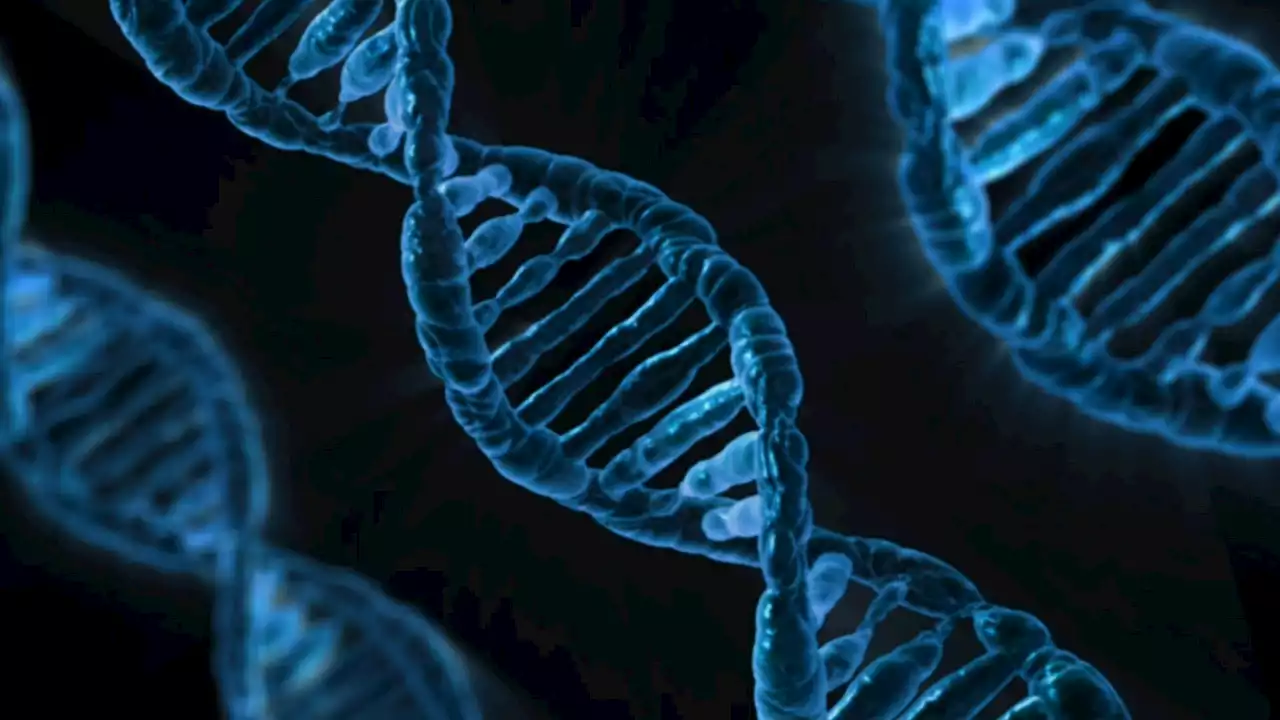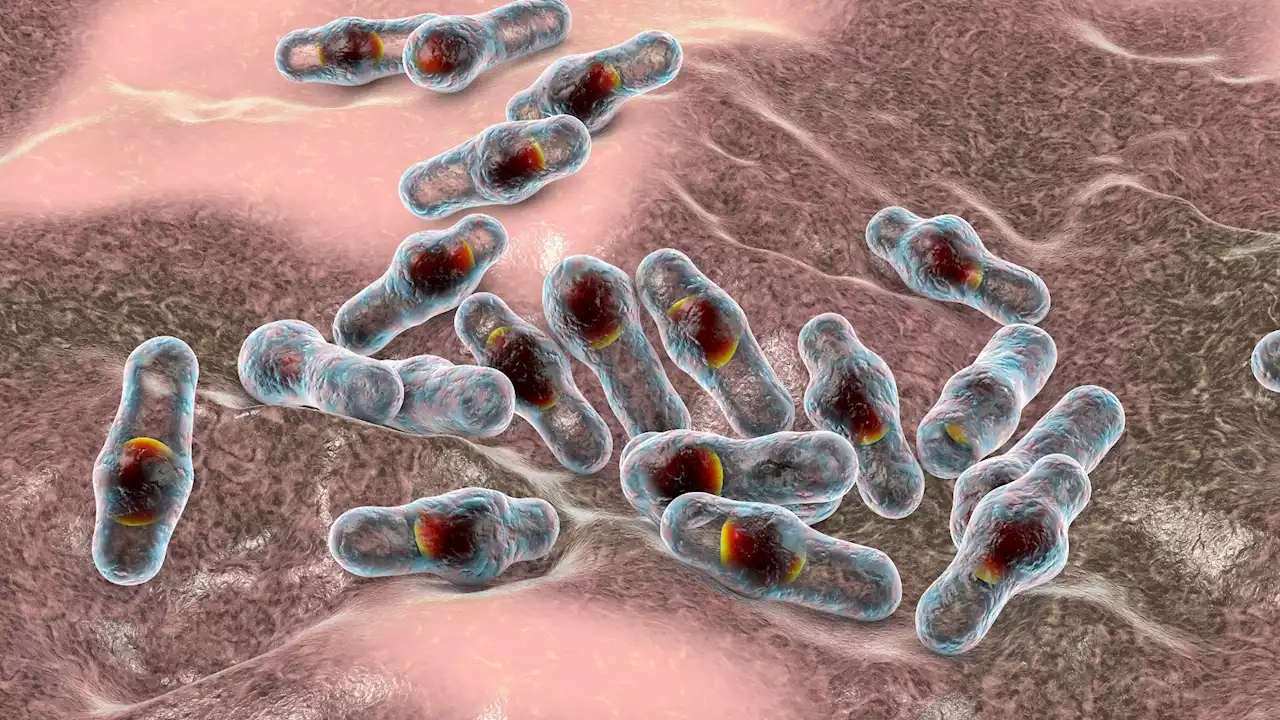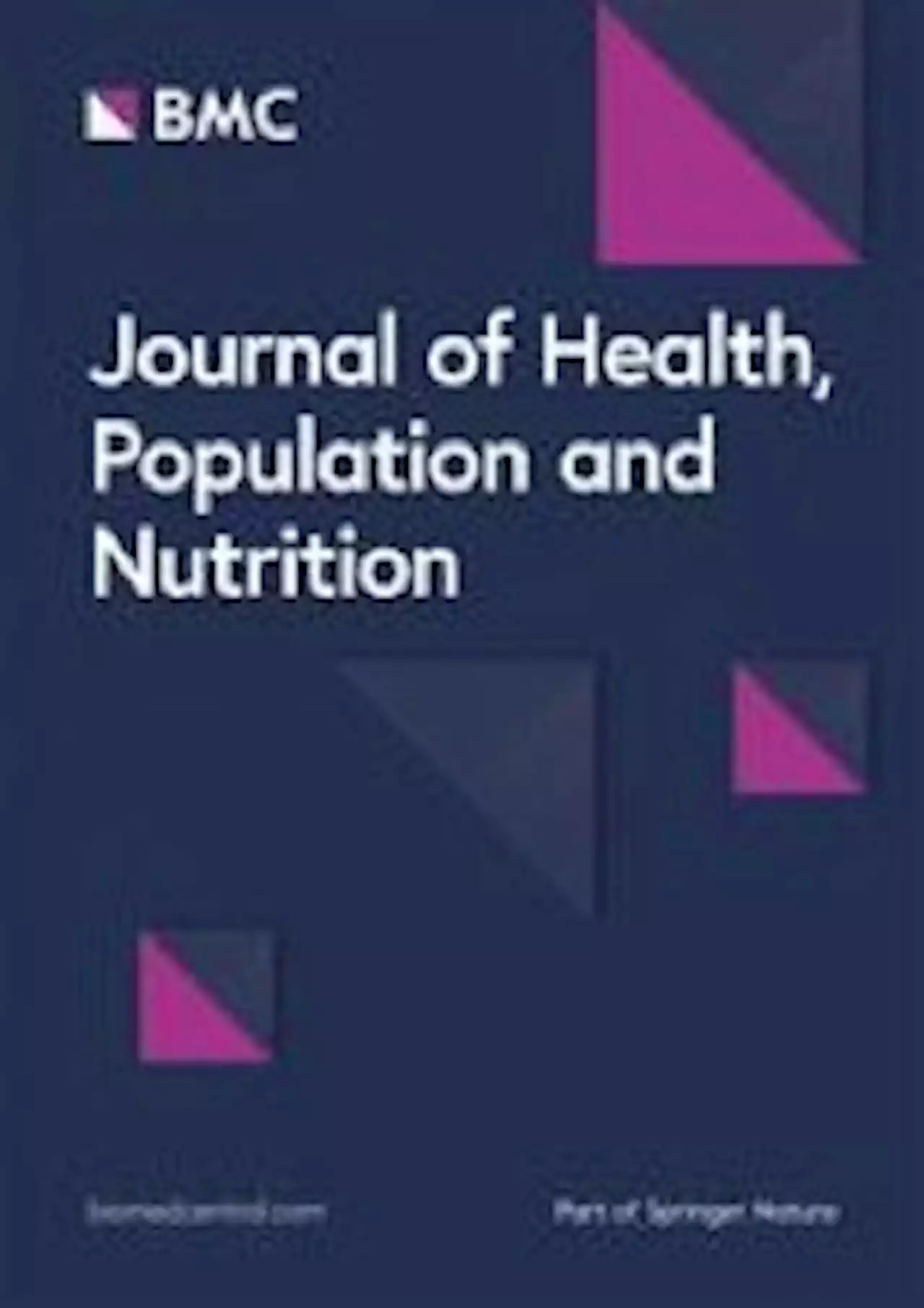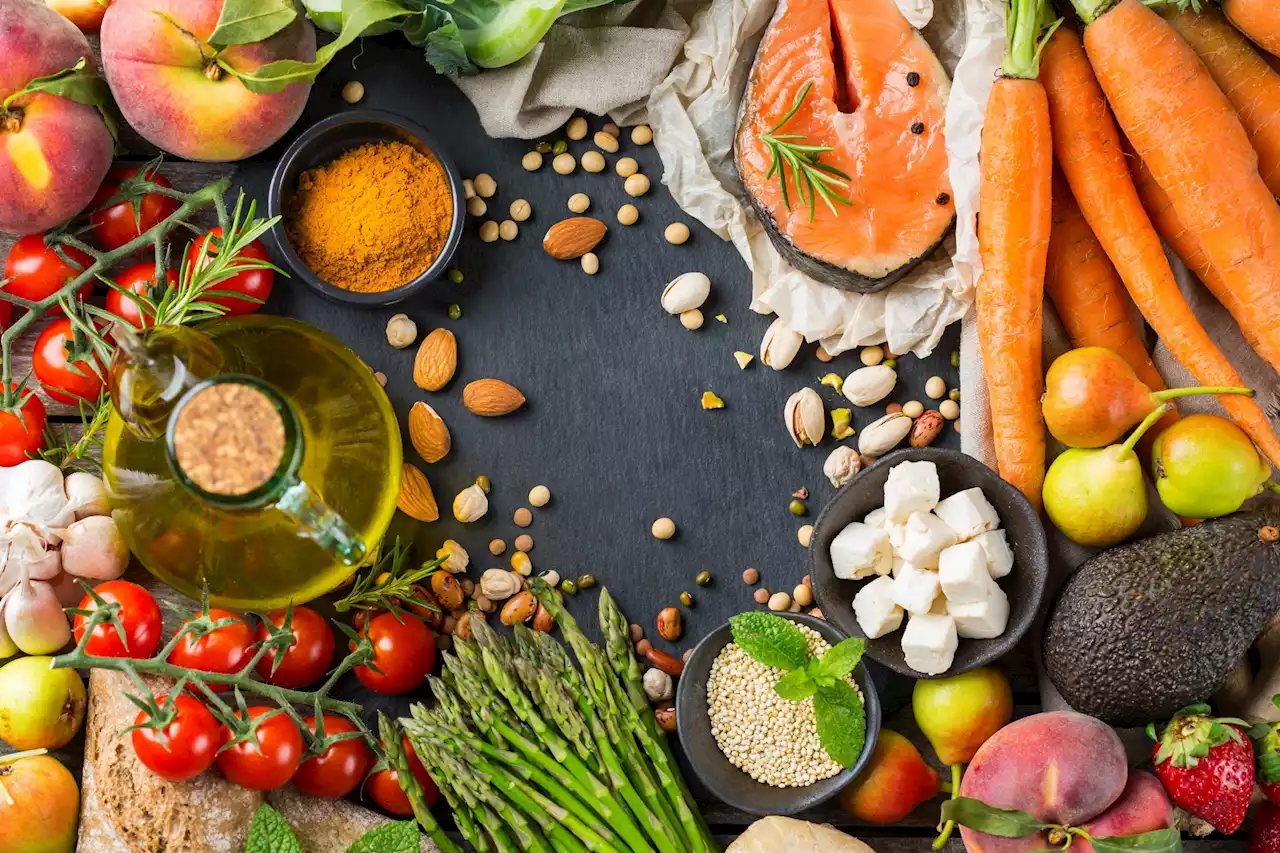Diets rich in fiber, plant protein, and unsaturated fat may beneficially modulate the gut microbiota involved in weight loss Nutrients_MDPI CampusBioMedico fiber plantprotein diet plantbaseddiet mediterraneandiet weightloss gutmicrobiome
By Pooja Toshniwal PahariaJun 13 2023Reviewed by Lily Ramsey, LLM In a recent review published in the Nutrients Journal, researchers reviewed existing data to evaluate the impact of macronutrients and diet patterns on the gut microbiome among overweight and obese individuals.
About the review In the present review, researchers determined the association between dietary patterns, the gut microbiome, and obesity. Effects of carbohydrates, proteins, and fats on the gut microbiome Consumption of carbohydrates such as whole grain or wheat bran can increase the abundance of Bifidobacteria and lactobacilli and increase gene richness, whereas the counts of Eubacterium rectale and the Firmicutes to Bacteroidetes ratio decrease.
Salmon and cod intake decrease Bacteroidetes abundance, whereas polyunsaturated fatty acid consumption can increase Lachnospiraceae and Bifidobacterium species abundance. Green-MED diets include daily intakes of green tea and the Mankai plant, rich in polyphenols. The diets increase butyrate-producing, beneficial, and anti-inflammatory bacterial counts, gene richness, and bacterial diversity in the gut.
United Kingdom Latest News, United Kingdom Headlines
Similar News:You can also read news stories similar to this one that we have collected from other news sources.
 Researchers identify jumping genes that can lead to rare syndrome in childrenA new family of DNA elements which control the activation of certain genes known to cause a rare disease known as MSL3 syndrome in children has been identified.
Researchers identify jumping genes that can lead to rare syndrome in childrenA new family of DNA elements which control the activation of certain genes known to cause a rare disease known as MSL3 syndrome in children has been identified.
Read more »
 Dangerous weight loss trend triggers Iatrogenic botulism outbreak in EuropeDangerous weight loss trend triggers Iatrogenic botulism outbreak in Europe Botulism Neurotoxin ClostridiumBotulinum IatrogenicBotulism MedicalRisk CosmeticComplications Eurosurveillanc
Dangerous weight loss trend triggers Iatrogenic botulism outbreak in EuropeDangerous weight loss trend triggers Iatrogenic botulism outbreak in Europe Botulism Neurotoxin ClostridiumBotulinum IatrogenicBotulism MedicalRisk CosmeticComplications Eurosurveillanc
Read more »
 Bamboo's hidden treasures: unveiling the possible health-boosting powers of leaf and sheath extractsBamboo's hidden treasures: unveiling the possible health-boosting powers of leaf and sheath extracts antioxidants_OA UniCalPortale bamboo leaf sheath extract antoxidant antiinfammatory
Bamboo's hidden treasures: unveiling the possible health-boosting powers of leaf and sheath extractsBamboo's hidden treasures: unveiling the possible health-boosting powers of leaf and sheath extracts antioxidants_OA UniCalPortale bamboo leaf sheath extract antoxidant antiinfammatory
Read more »
 Empowering aging adults: waist-worn sensors may revolutionize independent activity monitoring and promote healthy agingEmpowering aging adults: waist-worn sensors may revolutionize independent activity monitoring and promote healthy aging PLOSONE waistsensors anklesensors agingpopulation physicalactivity aging
Empowering aging adults: waist-worn sensors may revolutionize independent activity monitoring and promote healthy agingEmpowering aging adults: waist-worn sensors may revolutionize independent activity monitoring and promote healthy aging PLOSONE waistsensors anklesensors agingpopulation physicalactivity aging
Read more »
 The benefit of vegetarian diets for reducing blood pressure in Taiwan: a historically prospective cohort study - Journal of Health, Population and NutritionObjective Past vegetarians research has often found that they have lower blood pressure (BP). Effects may include their lower BMI and higher intake levels of fruit and vegetables. Besides, the study pursues to extend this evidence in a diverse population containing vegans, lacto-ovo vegetarians and omnivores. Design The study analyzed data on five hundred vigorous individuals aged 20 years or older from a standard medical screening program and provided validated questionnaire. Criteria were established for vegan, lacto-ovo vegetarian, partial vegetarian and omnivorous dietary patterns. Setting Health screening programs were conducted at a standard medical screening program in Taiwan between 2006 and 2017. Dietary data were gathered by self-administered questionnaire. Subjects Five hundred Taiwanese subjects representing the cohort. Results Multiple regression analyses confirmed that the vegan vegetarians had lower systolic and diastolic BP (mmHg) than omnivorous Taiwanese (β = − 6.8, p 139 mmHg or diastolic BP | 89 mmHg or routine of antihypertensive medications, the odds ratio of hypertension compared with omnivores was 0.37 (95% CI = 0.19–0.74), 0.57 (95% CI = 0.36–0.92) and 0.92 (95% CI = 0.50–1.70), respectively, for vegans, lacto-ovo vegetarians and partial vegetarians. Results were reduced after adjustment for BMI. Conclusions The study concludes from this relatively large study that vegetarians, especially vegans, with otherwise diverse characteristics but stable diets, do have lower systolic and diastolic BP and less hypertension than omnivores.
The benefit of vegetarian diets for reducing blood pressure in Taiwan: a historically prospective cohort study - Journal of Health, Population and NutritionObjective Past vegetarians research has often found that they have lower blood pressure (BP). Effects may include their lower BMI and higher intake levels of fruit and vegetables. Besides, the study pursues to extend this evidence in a diverse population containing vegans, lacto-ovo vegetarians and omnivores. Design The study analyzed data on five hundred vigorous individuals aged 20 years or older from a standard medical screening program and provided validated questionnaire. Criteria were established for vegan, lacto-ovo vegetarian, partial vegetarian and omnivorous dietary patterns. Setting Health screening programs were conducted at a standard medical screening program in Taiwan between 2006 and 2017. Dietary data were gathered by self-administered questionnaire. Subjects Five hundred Taiwanese subjects representing the cohort. Results Multiple regression analyses confirmed that the vegan vegetarians had lower systolic and diastolic BP (mmHg) than omnivorous Taiwanese (β = − 6.8, p 139 mmHg or diastolic BP | 89 mmHg or routine of antihypertensive medications, the odds ratio of hypertension compared with omnivores was 0.37 (95% CI = 0.19–0.74), 0.57 (95% CI = 0.36–0.92) and 0.92 (95% CI = 0.50–1.70), respectively, for vegans, lacto-ovo vegetarians and partial vegetarians. Results were reduced after adjustment for BMI. Conclusions The study concludes from this relatively large study that vegetarians, especially vegans, with otherwise diverse characteristics but stable diets, do have lower systolic and diastolic BP and less hypertension than omnivores.
Read more »
 Scientists use machine learning to unveil new predictors of post-menopausal breast cancerScientists use machine learning to unveil new predictors of post-menopausal breast cancer BreastCancer Predictors PostMenopausal Health PolygenicRisk MachineLearning Medicine RiskPrediction StatisticalModels CancerResearch SciReports
Scientists use machine learning to unveil new predictors of post-menopausal breast cancerScientists use machine learning to unveil new predictors of post-menopausal breast cancer BreastCancer Predictors PostMenopausal Health PolygenicRisk MachineLearning Medicine RiskPrediction StatisticalModels CancerResearch SciReports
Read more »
